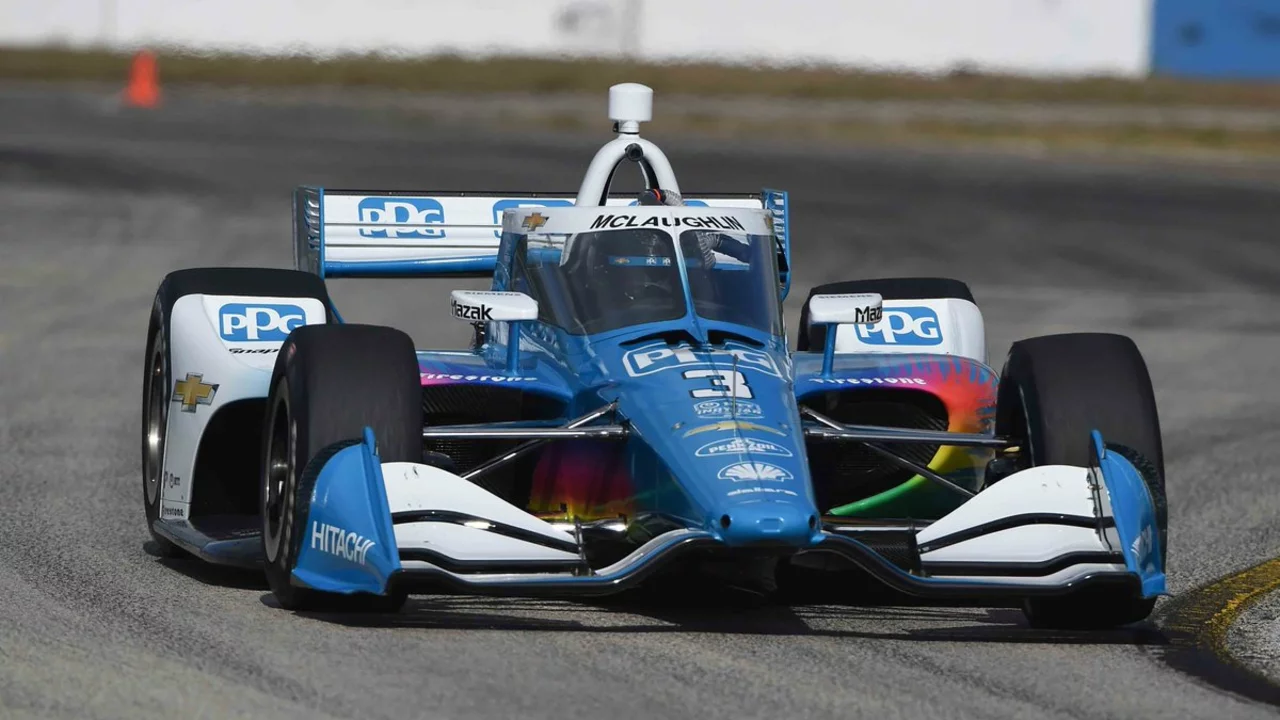Understanding the Basics: F1 vs. IndyCar
As a motorsports enthusiast, I often find myself engrossed in the perpetual debate about which racing series showcases the best drivers - Formula 1 (F1) or IndyCar. To lay a solid foundation for this discussion, it is important first to understand the basics of these two forms of motorsport. F1 is an international racing series governed by the FIA, and it is considered the pinnacle of motorsport due to its high-speed, high-tech cars and prestigious races. On the other hand, IndyCar is primarily a North American series, known for its oval racing and the iconic Indianapolis 500 race.
Scrutinizing the Vehicles: F1 vs. IndyCar Cars
The cars used in these two series are vastly different, both in terms of technology and driving dynamics. F1 cars are technologically advanced beasts, built with cutting-edge technology and capable of reaching staggering speeds. IndyCar vehicles, while also fast and sophisticated, are more uniform, leading to more emphasis on driver skill. The difference in the vehicles can significantly impact the level of driving required, which is a crucial factor in determining whether F1 drivers are better than IndyCar drivers.
Assessing the Tracks: F1 vs. IndyCar Circuits
The tracks these drivers compete on also play a significant role in this discussion. F1 races occur on a variety of circuits worldwide, each with its distinct challenges. IndyCar, on the other hand, features more oval tracks, which have their unique set of challenges. The diversity and complexity of the circuits can heavily influence a driver's skillset and adaptability, further fueling the debate.
Examining the Skillset: F1 vs. IndyCar Drivers
Given the differences in the cars and tracks, it's safe to say that the skills required for F1 and IndyCar differ as well. F1 drivers need to master high-speed precision and technological understanding, while IndyCar drivers require exceptional reflexes and supreme car control. While it's hard to compare these skill sets directly, one could argue that the variety and complexity of skills required in F1 make its drivers more versatile.
Comparing the Competition: F1 vs. IndyCar Drivers
The level of competition in both series is incredibly high. However, F1 is often criticized for its predictability due to the dominance of a few teams. In contrast, IndyCar is known for its close and unpredictable racing, which could suggest that IndyCar drivers face a tougher competition, thus honing their racing skills further.
Looking at the Legends: F1 vs. IndyCar Greats
Both F1 and IndyCar have produced some of the greatest drivers in the history of motorsport. From F1 legends like Ayrton Senna and Lewis Hamilton to IndyCar greats like Mario Andretti and Scott Dixon, these drivers have shown exceptional skills, regardless of the series they competed in. Comparing these legends could provide some insight into the ongoing debate.
Transitioning Between the Two: Success and Failures
Several drivers have attempted to transition between F1 and IndyCar, with varying degrees of success. Analyzing their performances can provide valuable insights into the skill level required in both series and might indicate which one is more challenging.
Considering the Training: F1 vs. IndyCar Preparations
The training and preparation required for both F1 and IndyCar are intense and rigorous. However, they differ in focus due to the differences in the series. By examining the training procedures, we can gain a better understanding of what it takes to excel in both series and thus, which series might require a higher level of skill.
Delving into the Data: F1 vs. IndyCar Statistics
Statistics are a powerful tool in any debate. By comparing data such as lap times, race wins, and championship titles, we can objectively assess the performance levels in F1 and IndyCar. While this won't provide a definitive answer, it will add another layer to our analysis.
Conclusion: Are F1 Drivers Better Than IndyCar Drivers?
After examining all these factors, we come to the ultimate question: Are F1 drivers better than IndyCar drivers? The answer isn't straightforward, given the vast differences in both series. But one thing's for sure - both F1 and IndyCar drivers are exceptionally skilled, and they both deserve our respect and admiration.
